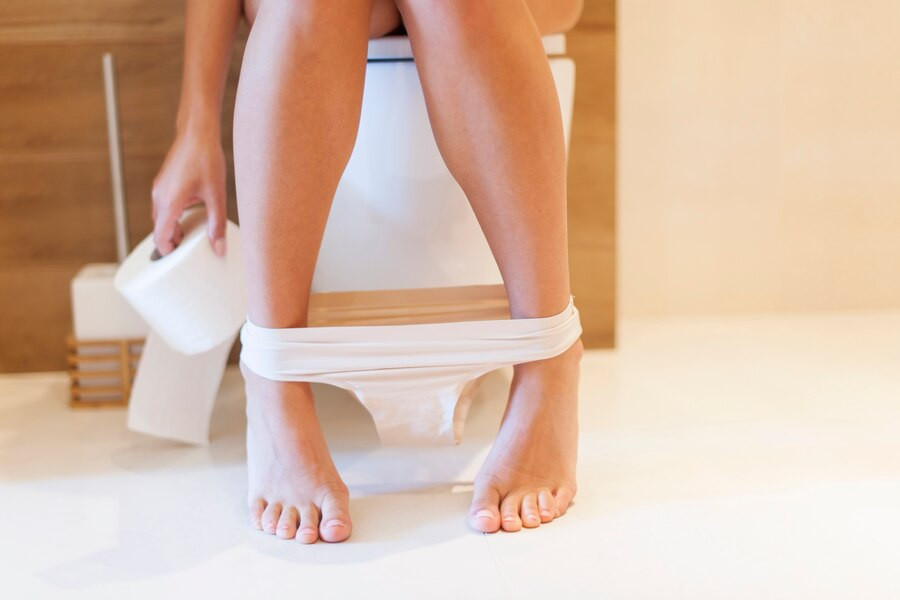A kidney infection is a serious condition characterized by blood in the urine. Prompt treatment is required to prevent permanent kidney damage. Learn about the causes, symptoms, and prevention of kidney infections here. Check out the following reviews.
What is a kidney infection?
A kidney infection, or pyelonephritis, is a type of urinary tract infection (UTI). While UTIs typically refer to infections of the lower urinary tract (such as the bladder or urethra), kidney infections are more severe and can cause significant health issues.
It can be difficult to tell the difference between a kidney infection and a lower UTI because the symptoms are so similar. Kidney infections frequently cause more severe symptoms. If you suspect a kidney infection, see your doctor right away.
Symptoms of a kidney infection
Kidney infections share many symptoms with lower urinary tract infection (UTI), but they tend to be more intense. Watch for these signs:
- Fever
- Chills
- Burning sensation or pain during urination
- Frequent urge to urinate
- Feeling that urination is incomplete
- Pain in the back, side, or groin
- Nausea and vomiting
- Blood in the urine (hematuria)
- Foul-smelling or cloudy urine
- Abdominal pain
Causes and risk factors of kidney infection
Kidney infections are usually caused by bacteria, though they can also be viral. Common bacteria involved include:
- E. coli
- Proteus mirabilis
- Enterobacter
- Staphylococcus
Bacteria can enter the kidneys from the urinary tract. Normally, urine flow helps to flush out germs, but sometimes bacteria can travel up into the body and infect parts of the urinary tract, such as the urethra, bladder, or ureters, which can then spread to one or both kidneys, causing an infection.
Risk factors for kidney infections include:
- Obstructions: Kidney stones or an enlarged prostate can block urine flow
- Vesicoureteral reflux: This condition causes urine to flow backward into the bladder
- Medical conditions: Diabetes, HIV, and the use of immunosuppressive drugs increase the risk
- Gender: Women are more likely to develop kidney infections due to their shorter urethra
Preventing kidney infections
Since kidney infections often start from UTIs, preventing UTIs can help reduce the risk of a kidney infection. Here’s how to prevent UTIs and kidney infections:
- Stay hydrated: Drink at least 7-8 glasses of water daily
- Do not hold in urine: Urinate promptly when you need to
- Urinating before and after sex: This helps flush out bacteria
- Maintain good hygiene: Clean the genital area after urination and bowel movements
If you experience symptoms of a kidney infection, seek medical attention immediately. Typically, kidney infections are treated with antibiotics. You can also make use of the consultation features that are available in the Ai Care application by downloading the Ai Care application from the App Store or Play Store.
Looking for more information about other diseases? Click here!
- Sean Edbert Lim, MBBS
Mayo Clinic. Kidney Infection. Available from: https://www.mayoclinic.org/diseases-conditions/kidney-infection/symptoms-causes/syc-20353387
NHS. Kidney infection. Available from: https://www.nhs.uk/conditions/kidney-infection/
Cleveland Clinic. Kidney Infection (Pyelonephritis). Available from: https://my.clevelandclinic.org/health/diseases/15456-kidney-infection-pyelonephritis
Hoffman, M., Watson, S, (2024). Kidney Infection (Pyelonephritis). Available from: https://www.webmd.com/a-to-z-guides/kidney-infections-symptoms-and-treatments
NHS Inform. Kidney Infection. Available from: https://www.nhsinform.scot/illnesses-and-conditions/kidneys-bladder-and-prostate/kidney-infection/











